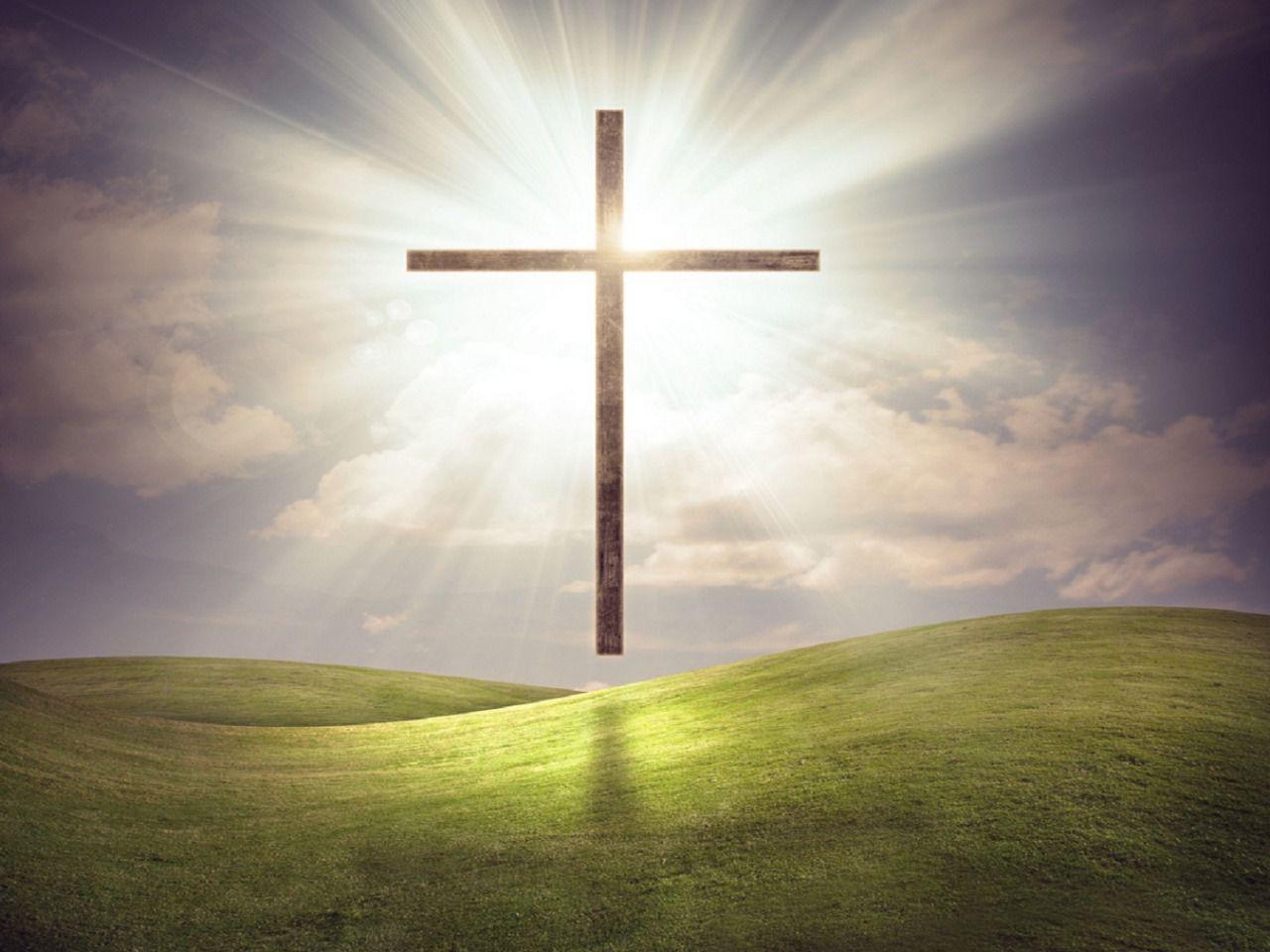The "Holy Shit" Moment: Unveiling The Profound Truth Of Holiness
Ever had one of those moments? You know, where a concept you thought you understood suddenly snaps into crystal-clear focus, and you're left thinking, "Holy shit, light you were right!" It's that electrifying jolt of realization, a profound "aha!" that redefines your perspective. For many, this isn't just about everyday revelations; it can happen with deep, spiritual truths, particularly when it comes to understanding something as fundamental yet often misunderstood as the concept of "holy."
In our modern lexicon, "holy shit" is often a casual exclamation of surprise or disbelief. But strip away the expletive, and you're left with "holy" – a word brimming with profound meaning, often shrouded in religious dogma or vague spiritual connotations. What does it truly mean to be holy? And why does it matter? Prepare for a journey that might just give you your own "holy shit light you were right" moment.
What Does "Holy" Even Mean? A Divine Definition
Before we can appreciate the impact of "holy," we need to understand its core definition. Forget the stained glass windows or the hushed tones of a sanctuary for a moment. The Bible, our primary source for understanding this concept, defines holy as something or someone that is separated (sanctified) and dedicated to serve and fulfill the will of God. This means that the Eternal considers them as sacred.
It's not just about being "good" or "pious" in a general sense. The Hebrew word for holiness emphasizes this idea of distinctness, of being set apart for a special purpose. If you think God is concerned with his holiness in the Old Testament, consider the fact that holy is a recurring theme, underscoring His unique, unblemished nature.
This divine standard is not just for God, but for us too. The Scriptures make it clear: “like the holy one who called you, become holy yourselves in all your conduct, for it is written, ‘you must be holy, because I am holy.’” (1 Pet, 1:15, 16). From these powerful words, we learn that holiness is not merely an attribute of God, but a requirement for those who wish to serve Him. It's a call to align our entire conduct with His sacred standards, to be set apart from the world's ways and dedicated wholly to His will.
To be holy, then, is to be specially recognized as or declared sacred by religious use or authority, to be consecrated for divine service. It's a state of being, a way of living, that reflects God's own purity and purpose.
The Quest for Understanding: Where to Find the Light
With such a profound definition, how can one truly grasp and live by this concept of holiness? The answer, as always, lies in diligent study of the source material – the Bible. But not all translations are equally clear, and not all study methods are equally effective.
The New World Translation: A Clearer Lens?
For many seeking an accurate and easy-to-read rendition of the Scriptures, the New World Translation (NWT) of the Holy Scriptures stands out. Published by Jehovah’s Witnesses, this translation is known for its commitment to rendering the original Hebrew, Aramaic, and Greek texts faithfully. You can read the Bible free online, listen, or download it directly from their official website, making it incredibly accessible to anyone curious to delve deeper.
The NWT isn't just a basic text; the NWT Study Bible is complete with cross references, maps, and an accurate Bible dictionary, providing invaluable tools for serious students of the Bible. This commitment to clarity and accuracy is exemplified by ongoing efforts to make the Scriptures available to more people worldwide. For instance, looking ahead to May 25, 2025, Brother Winston Bestman, a member of the Liberia Branch Committee, is scheduled to release the complete New World Translation of the Holy Scriptures in Kisi, further expanding its reach and impact globally.
This dedication to an "accurate and easy to read" translation is crucial when tackling complex theological concepts like holiness, allowing readers to discover the biblical definition directly, without unnecessary layers of interpretation.
Challenging Conventional Wisdom: Trinity vs. Biblical Holiness
Here's where some people might have their "holy shit light you were right" moment. More than two billion people profess to be Christian, but most belong to churches that teach the Trinity doctrine. This doctrine, often summarized as "God in three persons, blessèd Trinity," is central to many Christian denominations and is heavily involved with the Nicene Creed.
Hymns like "Holy, Holy, Holy, Lord God Almighty!" beautifully articulate this belief: "Early in the morning our song shall rise to thee, God in three persons, blessèd Trinity, Lord God Almighty!" and "Holy, holy, holy, merciful and mighty, God in three persons, blessed Trinity!" These are powerful expressions of faith for many. However, when one studies the Bible – especially with a translation like the NWT that prioritizes accuracy to the original texts – the direct biblical definition of "holy" as being "separated" and "dedicated" can lead to questions about how this aligns with the concept of a multi-personal God.
The Bible defines holy as something or someone that is separated (sanctified) and dedicated to serve and fulfill the will of God. This distinction, this setting apart, is key. While the NWT does not explicitly address the Trinity in the provided snippets, the emphasis on a clear, direct biblical definition of "holy" encourages readers to examine all doctrines against the Scriptures themselves. For some, this independent examination, free from traditional interpretations, can be the "light" that reveals a different understanding of God's nature and holiness than what they were previously taught.
Living a Holy Life: Practical Implications
So, if holiness means being separated and dedicated to God's will, what does that look like in everyday life? The command from 1 Peter 1:15, 16 – “you must be holy, because I am holy” – isn't just a theological concept; it's a call to action. It means our conduct, our choices, and our priorities should reflect God's sacredness.
This understanding can lead to significant differences in lifestyle. For example, the fact that Jehovah’s Witnesses do not participate in most holiday observances and other celebrations can be somewhat perplexing to a teacher, a colleague, or a neighbor. But from their perspective, this is a direct application of the biblical principle of being "holy" – separated from practices that have roots in paganism or are not aligned with God's will, and instead dedicating their time and resources to activities that honor Him. For someone observing this from the outside, and then learning the biblical definition of "holy," this can indeed be a "holy shit, *that's* why they do that!" moment of clarity.
It's about making conscious decisions to live a life that is distinct, pure, and wholly devoted to God, rather than conforming to the norms of a world that often disregards divine standards. It's about striving for holiness in all conduct, not just in religious rituals.
Conclusion: The Enlightenment of Truth
The journey to truly understand "holy" can be a transformative one. It's more than just a word; it's a profound concept that defines God's nature and our calling. When you delve into the Scriptures, especially with accurate and accessible resources like the New World Translation, the true meaning of "holy" – as being separated, sanctified, and dedicated to God's will – can illuminate your understanding in unexpected ways.
This clarity can lead to that "holy shit light you were right" moment, where long-held assumptions are challenged, and a deeper, more accurate picture emerges. Whether it's understanding why certain religious groups live as they do, or simply gaining a richer appreciation for God's character, the truth about holiness is a powerful light that guides us to a life more aligned with divine purpose. It's a realization that truly, the Bible's definition of holy is far more profound and practical than many might initially assume.
In summary, the concept of "holy" is fundamentally about being separated and dedicated to God's will, a principle exemplified by God Himself and commanded for His followers. Understanding this through accurate Bible translations like the New World Translation can lead to profound personal insights, challenging conventional doctrines such as the Trinity, and offering clear reasons for distinct lifestyle choices, ultimately guiding individuals toward a life of dedicated conduct that truly reflects divine sacredness.

Sacred Dove

Cross High Resolution Wallpapers - Top Những Hình Ảnh Đẹp

To the Praise of the Glory of the Holy Spirit! – Kinship Radio